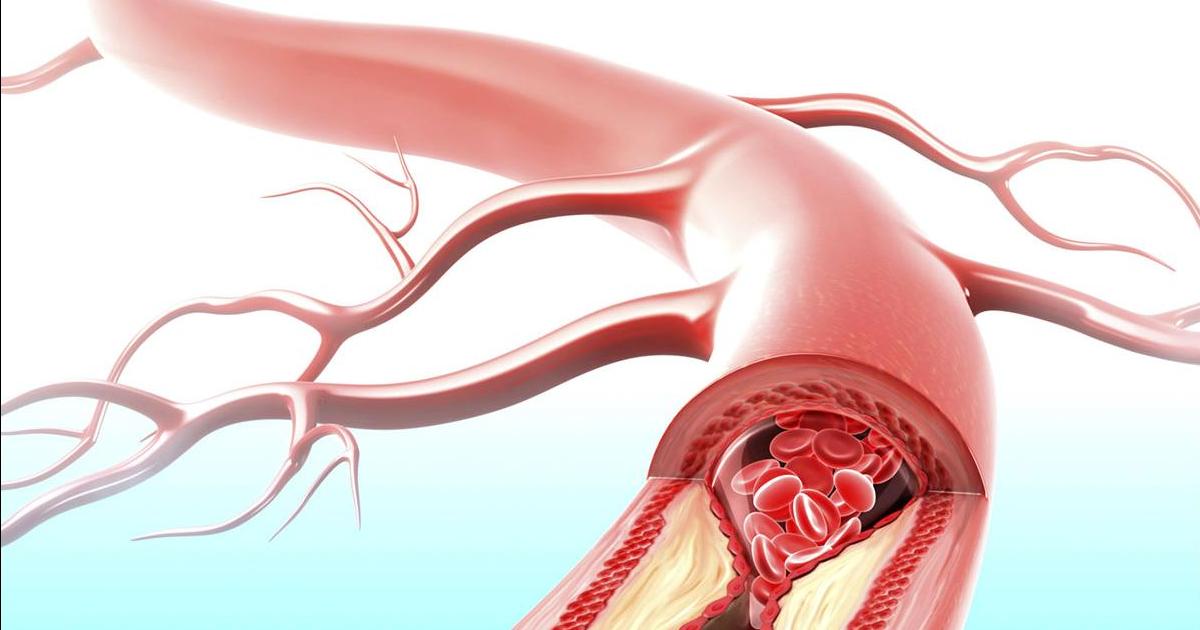The Long Term Effects Of High Cholesterol You Didn't Know About
Carotid Artery Disease

Another potentially lethal condition that having high cholesterol can develop is carotid artery disease, which involves the narrowing of the blood vessels that lead to the brain. The carotids, in particular, make up two large blood vessels in the neck. They are responsible for delivering blood to and from the heart to the brain. In the event of carotid artery disease, the blood vessels narrow. Again, this can be due to plaque and cholesterol, much like peripheral vascular disease. When too much plaque builds up inside of the artery, it can become impossible for blood to flow through it, which can create a clot. The clot can actually travel through the stream and wind up blocking a small artery in the brain. As a result, patients might have a stroke. Unfortunately, there are rarely any signs or symptoms of carotid artery disease until the passage has already been narrowed or blocked. A doctor may be able to hear a whooshing sound from the patient's artery with their stethoscope. Otherwise, a stroke is the only symptom.
Get the details on the next long-term effect of high cholesterol on health now.